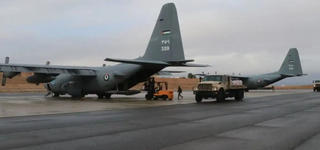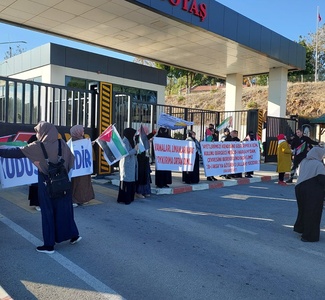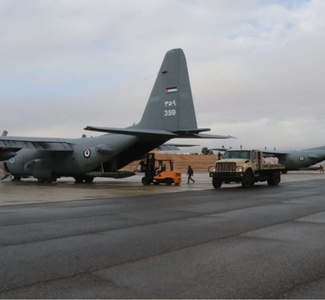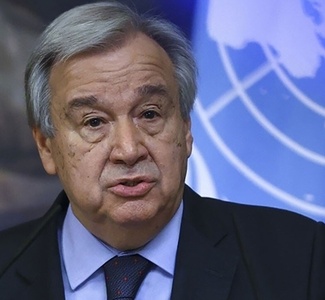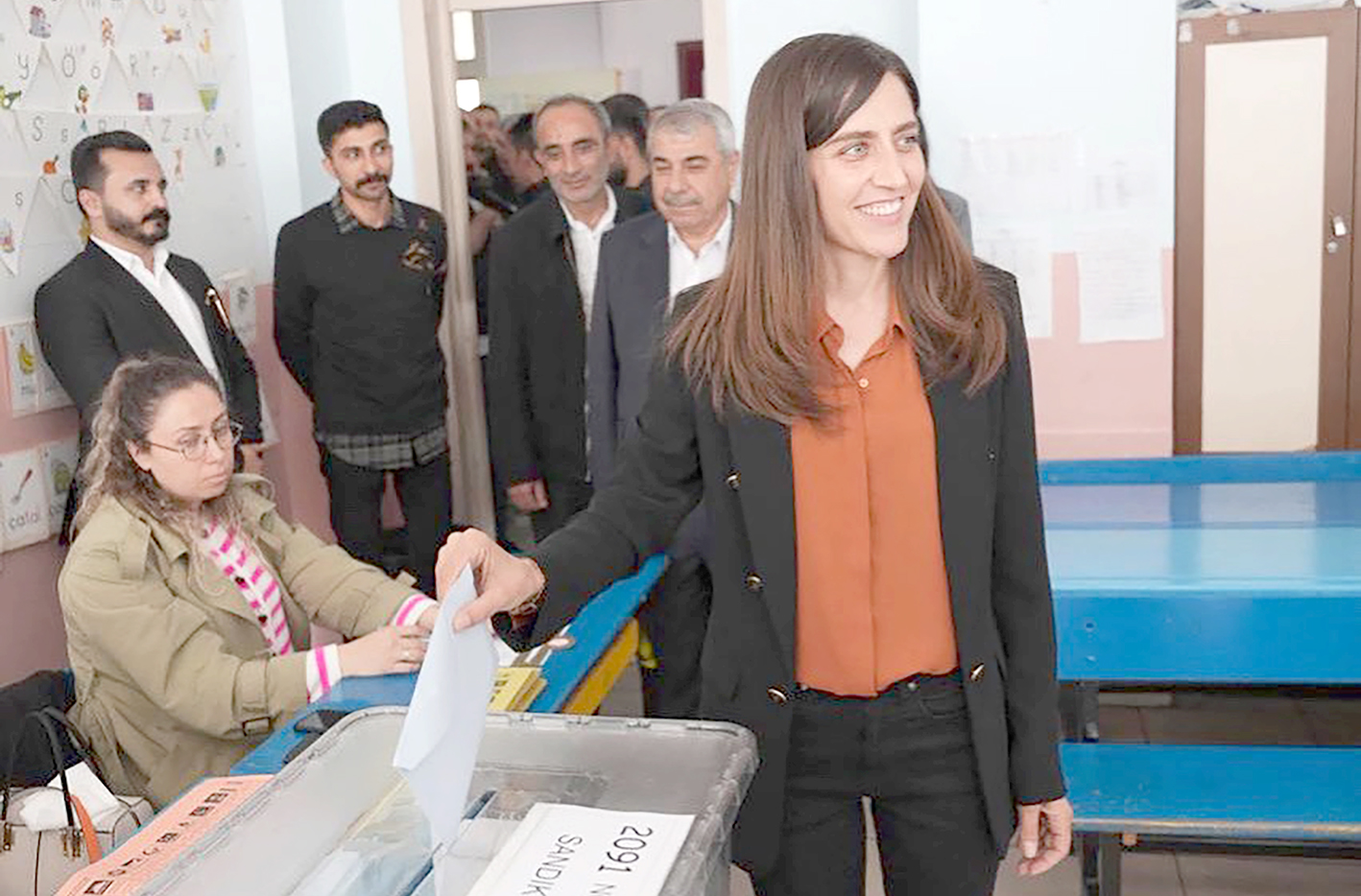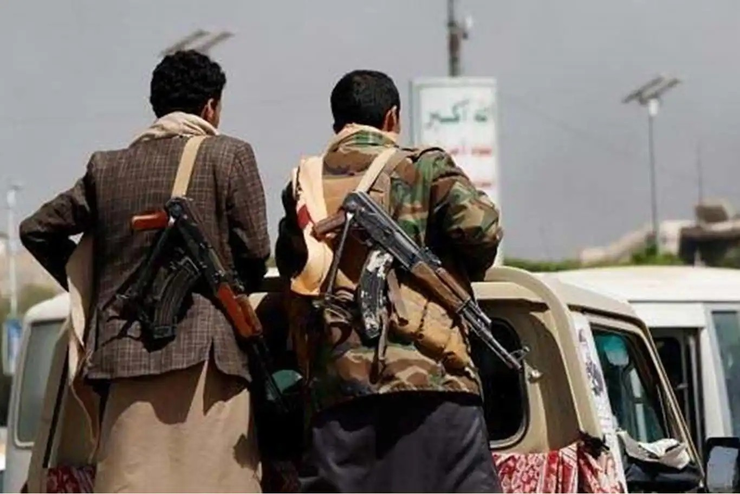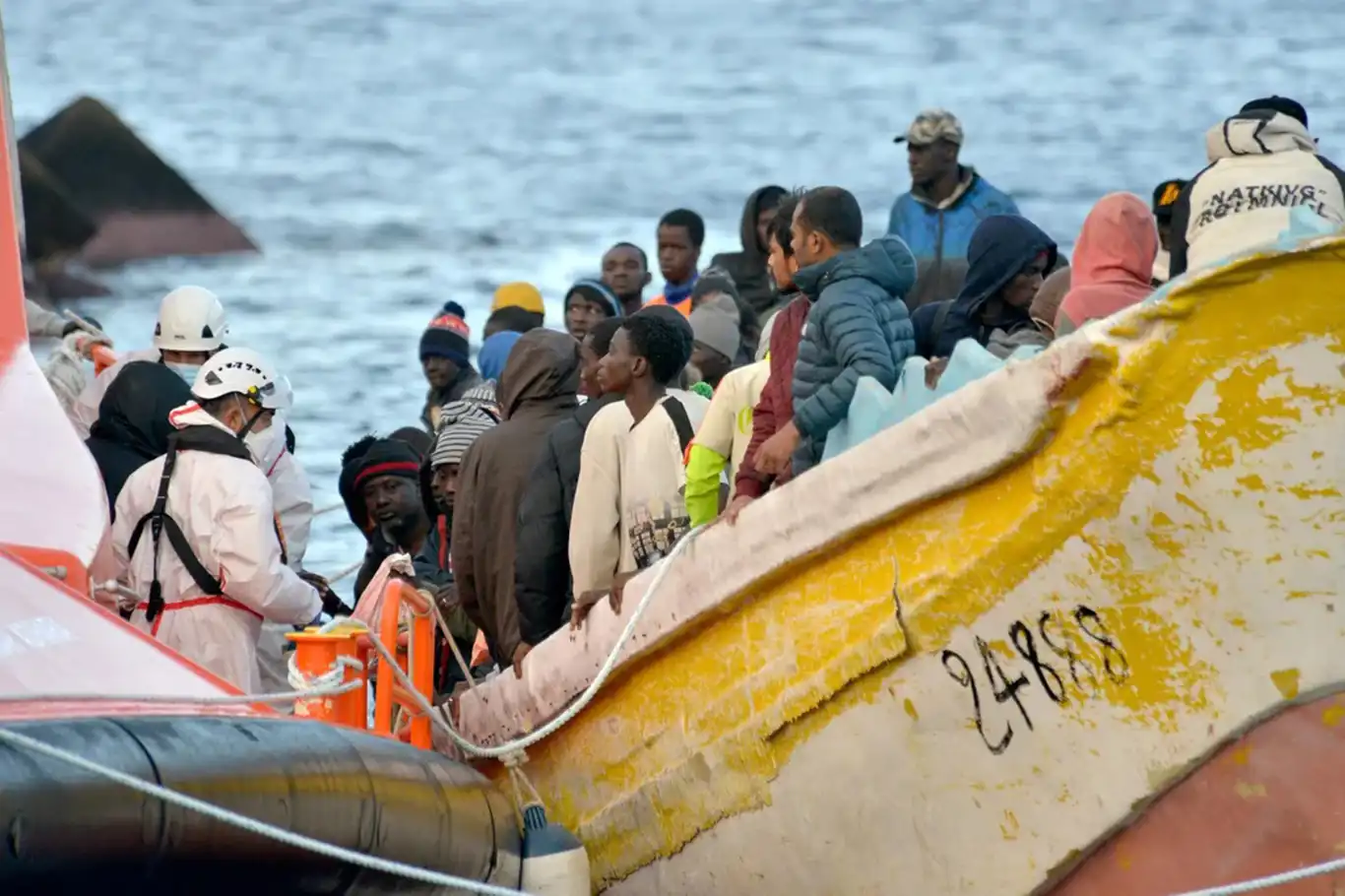Over 450,000 children displaced by ongoing conflict in Sudan--UNICEF
The ongoing conflict in Sudan has resulted in an alarming situation, forcing over 450,000 children to flee their homes, according to the UN children's agency, UNICEF.

 Google News'te Doğruhaber'e abone olun.
Google News'te Doğruhaber'e abone olun. Out of these, approximately 82,000 children have sought refuge in neighboring countries, while around 368,000 children have become internally displaced within Sudan itself. The United Nations Children's Fund (UNICEF) has highlighted the urgent need for an increased humanitarian response to address this crisis.
UNICEF has taken immediate action to provide humanitarian support to children affected by the conflict in Sudan. However, the violence persists, and the number of displaced children continues to rise. Alongside the 82,000 children who have fled to neighboring countries, an estimated 368,000 more children have been uprooted within Sudan.
According to the United Nations High Commissioner for Refugees (UNHCR), since April 15, more than 164,000 people, including children, have sought refuge across Sudan's borders. Countries such as the Central African Republic, Chad, Egypt, Ethiopia, Libya, and South Sudan have received these refugees. Additionally, the International Organization for Migration (IOM) estimates that within Sudan itself, approximately 736,000 people have been internally displaced due to the conflict. It is worth noting that even before the outbreak of violence, Sudan had already been grappling with internal displacement, with nearly 3.8 million people displaced within the country.
“The brutal conflict in Sudan has exacted a devastating toll on the country’s children,” said UNICEF Executive Director Catherine Russell. “Thousands have experienced deeply traumatic events or been driven from their homes in search of relative safety. Their situation remains precarious, and continued support and assistance from the international community and humanitarian partners are critical.”
The influx of displaced populations is placing significant strain on the communities that are hosting them. These communities were already dealing with multiple crises and struggling to provide basic services. The ongoing conflict further exacerbates the situation, and with the arrival of the rainy season, accessing affected areas becomes even more challenging. The increased risk of disease adds to the urgency of the humanitarian response.
Moreover, the conflict has disrupted cross-border trade and movement, resulting in soaring food prices in neighboring countries. This, in turn, poses a higher risk of food insecurity for vulnerable host communities.
To address the escalating crisis and protect the well-being of Sudan's children, it is imperative for the international community and humanitarian partners to step up their efforts and provide the necessary support. The situation demands a comprehensive response that considers the immediate needs of displaced children, the strained capacities of host communities, and the long-term stability of the region. (ILKHA)






























